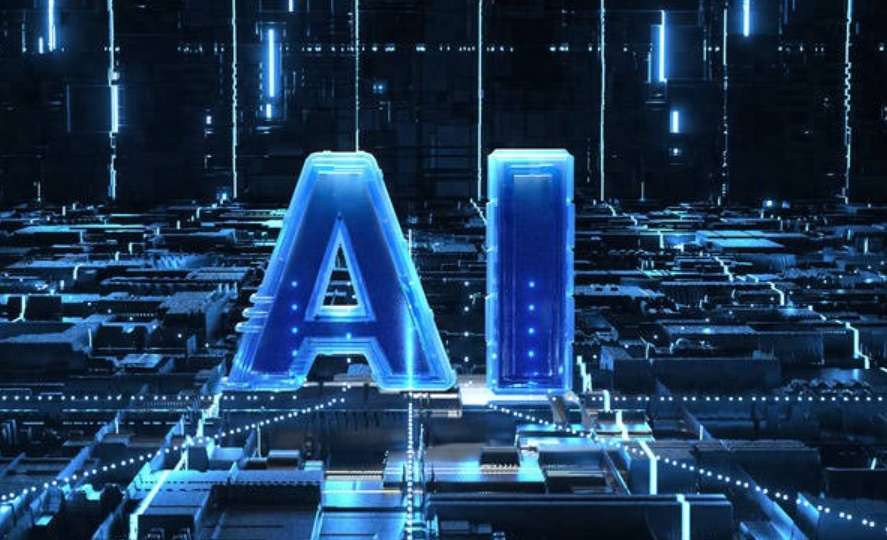Musk Aims to Acquire OpenAI for $97.4 Billion
Advertisements
In an era marked by fervent global competition in artificial intelligence (AI), Elon Musk, the world's wealthiest individual and a formidable force in tech innovation, has found himself once again at the center of a controversial storm. On February 10, as reported, Musk spearheaded a group of investors proposing a staggering acquisition offer of $97.4 billion for OpenAI, the organization he co-founded in 2015 alongside Sam Altman and others. This significant development has been confirmed by Musk's attorney, Mark Tobelev, who stated that the formal offer has been submitted to the OpenAI board.
This acquisition proposal is not merely a business maneuver; it elevates the long-standing conflict between Musk and OpenAI's CEO, Sam Altman, to a boiling point while simultaneously casting a shadow of uncertainty over the future landscape of the global AI industry.
The roots of this disagreement can be traced back several years. OpenAI was established with the noble intention of promoting open-source AI technology that benefits humanity as a whole. However, cracks in this foundation began to surface in 2018, when Musk sought majority ownership and control over the board, a request that Altman rebuffed. This clash was emblematic of a deeper ideological schism regarding the trajectory of AI development.
Musk advocated for a steadfast non-profit model, emphasizing the importance of open-source frameworks and safety measures in AI evolution. Conversely, Altman had a vision that leaned towards commercial viability, favoring a shift towards a profit-driven model that he argued would attract the necessary capital for expanding AI technology.
This divergence in vision led to Musk's departure from OpenAI in 2018. Under Altman’s leadership, OpenAI transitioned from its original non-profit ethos into a "limited profit" organization and now appears to be on a path towards complete commercialization. Observing this transformation, which Musk perceives as a betrayal of the organization’s foundational ideals, he could no longer remain a passive observer.

Further complicating matters, Musk filed for a preliminary injunction with the U.S. Northern District Court of California in November 2024, accusing OpenAI of various misdeeds. These allegations ranged from blocking investors from backing competitive ventures, such as Musk's own project, xAI, to leveraging confidential competitive information through its partnership with Microsoft. Musk claimed OpenAI had deviated from its original governance structure, thereby reallocating key assets and intellectual property, all while engaging in self-serving practices counter to The organization’s public interest and startup mission.
His legal team argued that failing to grant the injunction could result in “irreparable harm,” with Musk positioning OpenAI as having devolved into Microsoft's "closed-source subsidiary."
However, legal battles tend to drag on endlessly. Musk’s concurrent acquisition bid suggests an attempt not just to intervene through the courts, but to apply his formidable financial muscle as a means of influence over OpenAI.
Analyzing Musk's motives, industry observers assert that while the stated purpose of the acquisition is to "restore OpenAI to its founding principles of open-source and safety," there are deeper, multifaceted intentions at play.
In 2023, Musk founded xAI and rolled out a large language model named Grok. Yet, so far, Grok has not achieved the market performance necessary to compete with OpenAI's flagship product, ChatGPT. The acquisition attempt could thus be interpreted as an effort by the world’s richest man to level up his AI portfolio, potentially facilitating a merger that could enable xAI to quickly close the technological gap with rivals like Google and Microsoft.
Nonetheless, realizing this acquisition will not be straightforward. Sam Altman has responded skeptically to Musk's offer. On social media, he quipped, “No, thanks. But if you’re willing, we could spend $9.74 billion to buy Twitter,” a veiled jab at Musk’s previous acquisition of Twitter, highlighting that Musk's current offer is a mere 22% of what he paid for the social media platform. This response underscores Altman's critical stance on Musk's management capabilities, suggesting that poor operational decisions have led to significant declines in valuation for the X platform.
Musk retaliated by labeling Altman as a "fraud" in his own reply. Analysts have pointed out that Musk’s bid might appear insincere, especially as OpenAI reportedly seeks to secure up to $40 billion in funding, which could raise its valuation beyond $300 billion. Even before securing additional investments, OpenAI's value is already estimated at around $150 billion, far surpassing Musk's offer.
Regardless of whether the acquisition advances, Musk's involvement has undoubtedly cast a pall over OpenAI’s prospective growth trajectory. Investors are likely to weigh the implications of Musk’s maneuvers on future fundraising efforts and market positioning, introducing volatility into OpenAI's transition journey.
Furthermore, industry experts have highlighted that the rivalry between Musk and Altman intensifies public concerns over AI governance. Should Musk emerge victorious, society must grapple with the implications of having Musk as the self-proclaimed "guardian" of AI, or potentially witnessing the rise of a new oligarch. Conversely, if Altman retains control, there are pressing questions about whether OpenAI's commercialization could lead to an increased tech monopoly.
At this moment, there are no clear answers to these questions. They linger in uncertainty, underscoring the ever-evolving conflict between lofty technological governance aspirations and the practical realities of business maneuvering. The unfolding narrative surrounding Musk’s endeavor to acquire OpenAI serves as a critical juncture in the ongoing discussion about the future of AI and the ethical implications of its ownership and stewardship.
Post Comment